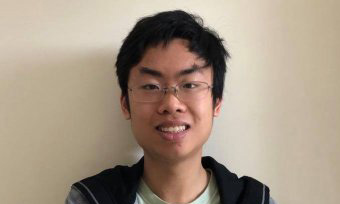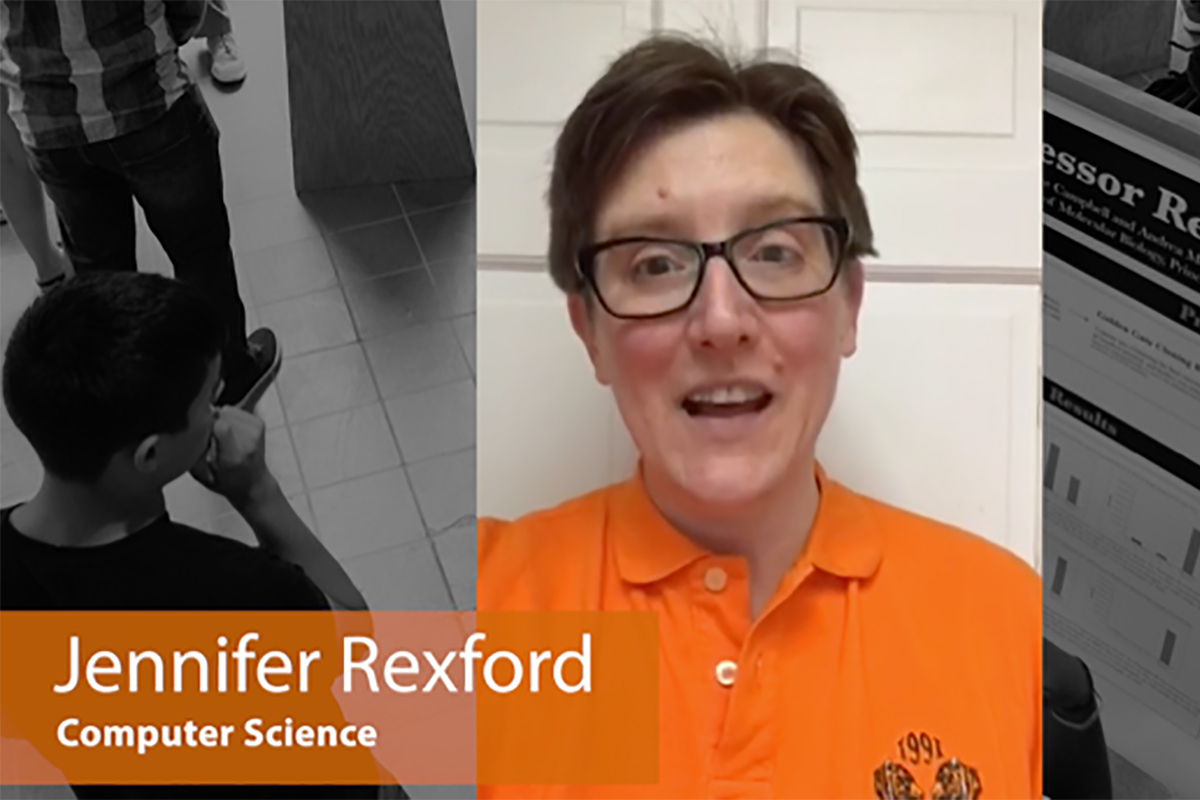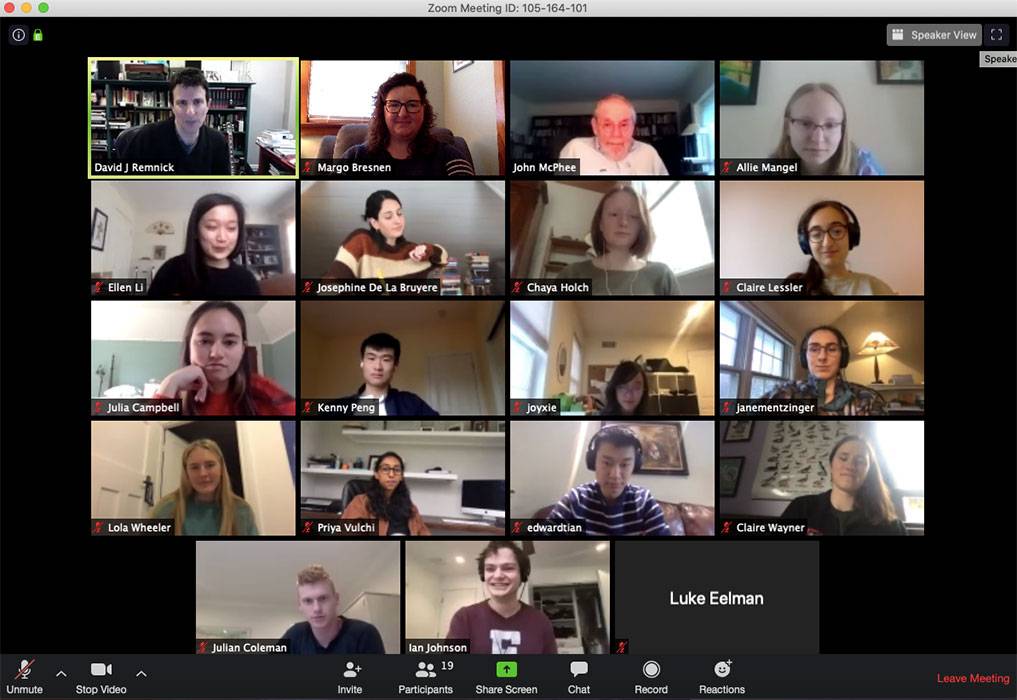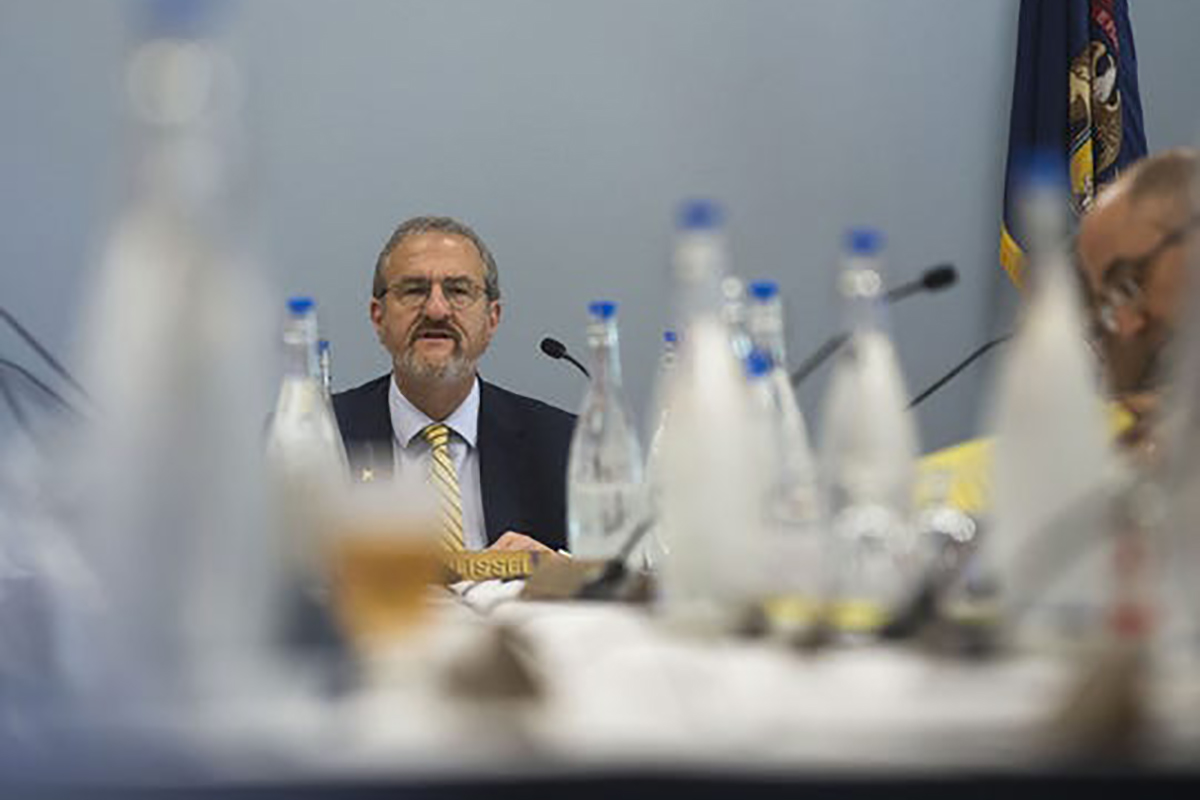
Following his first year at Princeton, junior Daniel Te felt he hadn’t connected to as many classmates as he had hoped, so he decided on a different course of action. Fondly remembering the moments in which classmates were especially kind to him, he decided to pay that kindness forward by offering to cheer on his classmates during finals. “I blasted out emails to the residential college listservs, offering to become anyone’s personal cheerleader during finals period.”
Two years later and earlier this year, Te founded Acts of Kindness (AOK), a Pace Center student organization, to identify ways to promote kindness and encourage others to be kinder.
“Acts of Kindness aims to create a more compassionate environment on campus,” said Te, who is a philosophy concentrator. “To be kind is more than just being agreeable or nice; it’s an active process that shows people that you deeply care about them. This active care is what Princeton needs more of.”
Before students were sent home because of the COVID-19 outbreak, AOK organized initiatives and activities that supported student well-being and more personal interaction, such as a campus-wide holiday gift exchange. Te wanted to ensure that these activities continued even after students went home.
“In terms of working virtually, I think that it is a challenge, in that the mission of the group focuses on human interaction,” Te said. “However, just because it’s not the same, doesn’t mean that we can’t make the most of it. I’m a huge believer in the fact that when times are tough, we can always find a way. That’s just being human.”
While away from campus, Te initiated a #KeepItKindChallenge, offering weekly suggestions on how to stay connected with people. Activities include supporting the elderly, making masks, tutoring students and giving blood.
“The #KeepItKind Challenge is all about making sure that people feel that touch of human interaction while we’re all apart,” Te said. “Every other week, AOK will provide an opportunity for you to be kind or interact with other people, and we’re planning to go all the way to the end of the semester. It’s easy to panic or get anxious with the current state of the world these days, but hopefully, this consistent source of connection will help to support people through these times.
“If I were to sum things up in two words: be active,” Te added. “Don’t ever feel that you can’t do anything because there is always an opportunity to grasp somewhere.”
Learn more about Acts of Kindness and post your kindness initiative with #KeepItKindChallenge.




